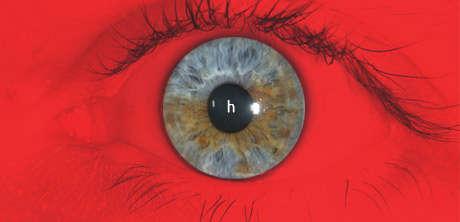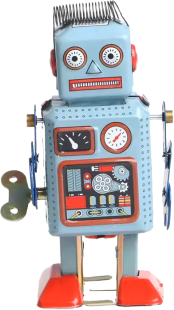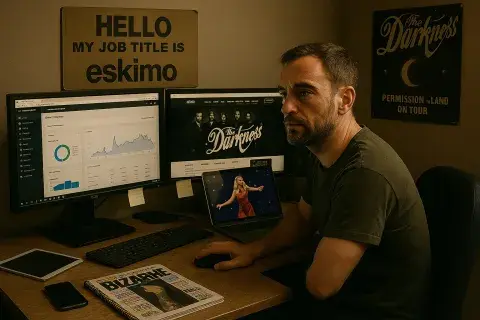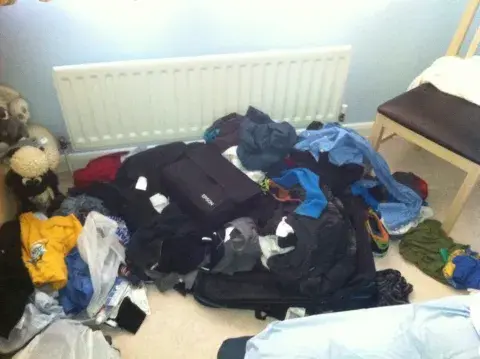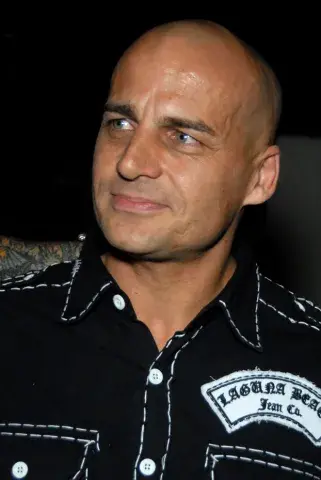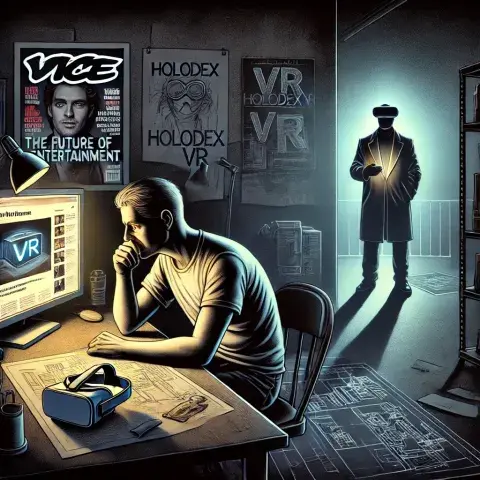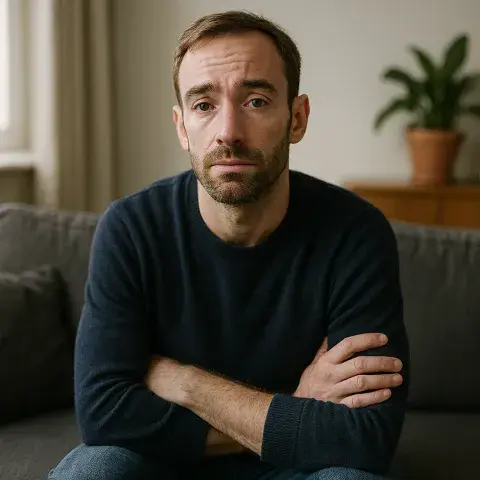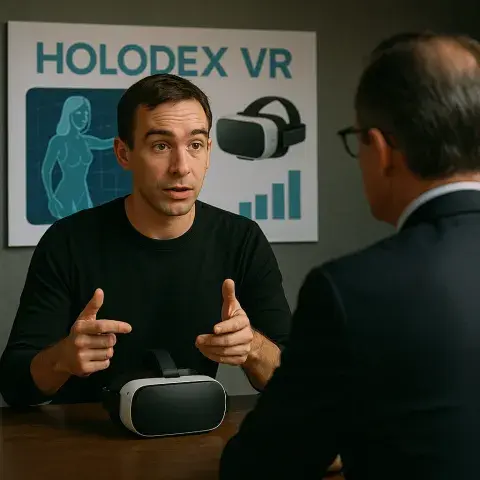Chapter 16 - The CV That Cost Me a Degree
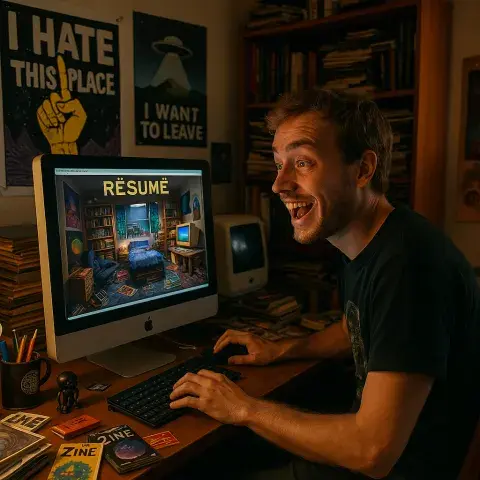
Some people might call me stubborn, and they’d be absolutely right. Once I set my mind on something, there’s very little anyone can do to change it. That trait has been both a blessing and a curse in my life, and nowhere was it more evident than during my university years.
One of my early projects in university was to create a CV—simple enough on the surface, but I saw it as an opportunity to push boundaries. While most students were content with a straightforward Word document or a dull spreadsheet, I envisioned something that would leap off the screen. I wanted a CV that was alive, something that would make anyone who saw it stop in their tracks.
To pull this off, I needed to use Program B. The course, however, insisted we use Program A. To me, that wasn’t just a suggestion—it was a straightjacket. Program A couldn’t do what I wanted, not in the way I envisioned. I tried to explain this, to argue my case, but the lecturers wouldn’t budge. They didn’t see the bigger picture.
So I made a choice. I ignored the rules and poured my heart and soul into my project using Program B. The result was something I was deeply proud of—easily the most creative, dynamic CV in the entire class. Even the lecturers couldn’t deny how good it was.
But in academia, it’s not always about what you achieve; it’s about how well you follow instructions. The fallout was swift. I was told my work didn’t meet the brief, that I had failed to comply with the assignment's parameters. To me, it felt like a slap in the face—a rejection not of my work, but of my entire philosophy.
I dug in my heels. If they couldn’t see the value in what I’d done, then maybe I didn’t belong there. The tension escalated, and in a moment of pure defiance, I chucked the entire degree.
Looking back, it’s one of those decisions that can feel reckless but also strangely liberating. Was it worth it? Sometimes I’m not sure. But what I do know is that I stood by my vision, and that’s something I’ve never regretted.
So, what was this CV that cost me my degree like? Let me tell you—it wasn’t your average bullet-point list on plain white paper. No, this was a journey. A fully immersive experience. I wanted to do something that would tell a story, that would let whoever was “reading” it feel like they knew me by the end.
I figured, if you really wanted to get to know me, you’d need to see my world—the eccentric little universe I’d carved out for myself as a young student of life. And what better way to do that than by stepping into my bedroom?
The concept was simple but ambitious: a clickable 2D/3D replica of my room. A virtual tour, if you will. You could explore every corner, turn the lights on and off, rifle through the chaos of my bookshelves, even flick through the magazines I’d designed casually laid out on the bed. My computer was there too, complete with links to websites I’d made. Each part of the room told a little more of my story, piece by piece.
The whole thing was interactive, playful, and just a little bit weird—just like me at the time. It wasn’t just a CV; it was me.
Of course, it wasn’t practical. I doubt most recruiters wanted to spend twenty minutes poking around a virtual room. But I wasn’t thinking about that. I wanted to create something unforgettable, something that screamed, “I’m not just another applicant—I’m an artist, a thinker, a doer.”
When I think back to it now, I’m still proud of that project. It captured a moment in my life, a snapshot of the energy, creativity, and determination I poured into everything I did. Even if it didn’t win me a degree, it taught me something important about the lengths I’d go to for my vision.
Designing my bedroom CV was an experience unlike anything I’d done before. It started as a spark of inspiration—a way to showcase myself, not just through words or bullet points, but through my world. My bedroom wasn’t just where I slept; it was the very essence of who I was at the time, a chaotic but deeply personal reflection of my personality, creativity, and passions.
It took a level of dedication I didn’t even realise I had. Before I knew it, I was photographing every single corner of the room: the cluttered desk piled with half-finished projects, the bed strewn with books and magazines, and even the odd trinkets tucked away on shelves. Stitching it all together into a cohesive, interactive digital space was a labor of love.
I spent about three months working solidly on it. Day in and day out, I sat in the very room I was trying to recreate, painstakingly recreating the atmosphere and energy pixel by pixel. It was surreal, almost like I was looking at myself through a lens—observing the quirks and chaos of my life from a third-person perspective.
There was something strangely meditative about it, too. I’d zoom in on tiny details, ensuring everything looked just right, down to the creases in a blanket or the angle of a half-open drawer. And while the project consumed me, it also gave me a sense of clarity. It felt like I was building a snapshot of myself in time, preserving who I was in a way that no conventional CV ever could.
When it was finished, the result was unlike anything I’d seen before. It wasn’t just a resume—it was an invitation to step into my world, to see my creativity in action, to understand me beyond a list of qualifications. And while it may not have won me a degree, it was one of the proudest creations of my life. It got me my first proper job at a Students’ Union in Wolverhampton.
For six years, I lived and breathed the energy of the Union. With its vibrant student body of 23,000 spread across four campuses, my role in marketing and promotions was more than a job — it was my canvas. Posters, campaigns, banners — you name it, I created it. It was my dream job, a playground where creativity met purpose.
But as the years rolled on, cracks began to form. Despite my dedication and the undeniable impact of my work, I found myself boxed into a junior position, with no clear path for growth. It gnawed at me. The frustration boiled over when I lodged a formal complaint about my boss, a move that marked the beginning of the end. The general manager, Chris Cox, stepped in to address the issue, but instead of resolution, it spiralled into chaos.
I decided to leave, timing my departure for the start of Freshers’ Week, a strategic choice meant to send a loud message. My exit was anything but quiet. The Union, once spoiled by my dedication, turned accusatory. On my first day off in six years, I received an angry call from Cox, accusing me of stealing my work and withholding backup disks. The accusations were baseless, and I knew it, so I recorded the call as evidence. His hostility was palpable, a testament to how far things had fallen apart. Six years and then this!
The bitterness of that departure lingered, overshadowing the years of good work I had done. But it also served as a powerful lesson in the importance of standing up for oneself and recognising when it's time to move on. Looking back, I see both the triumphs and the tribulations of those six years — a chapter filled with creativity, conflict, and ultimately, closure.
Returning to the Union after that chaotic departure was already a bitter pill to swallow, but nothing could have prepared me for what I saw that day. For six years, I had poured my creativity and energy into marketing for them, using my own personal Macs because they refused to justify paying for proper equipment. I made it work because I couldn’t stand using Windows — it was just my standard.
But as I handed over the backup disks, there it was: a brand-new Mac setup. Not just any Mac, but the absolute best. Two pristine 30-inch Apple displays flanked the powerhouse of a computer, the kind of setup that creatives dream of. It was sleek, powerful, and absurdly high-end — a blatant symbol of what they hadn’t given me while I was there.
The audacity stung. For years, I had been pushing through with outdated, self-funded tools, creating work they thrived on. And now, only after I had left, they had invested in what I’d needed all along. It felt like a slap in the face, a final reminder of how undervalued I had been. That shiny new Mac wasn’t just a machine; it was a monument to their poor priorities, standing there in stark contrast to the struggle they had put me through.
